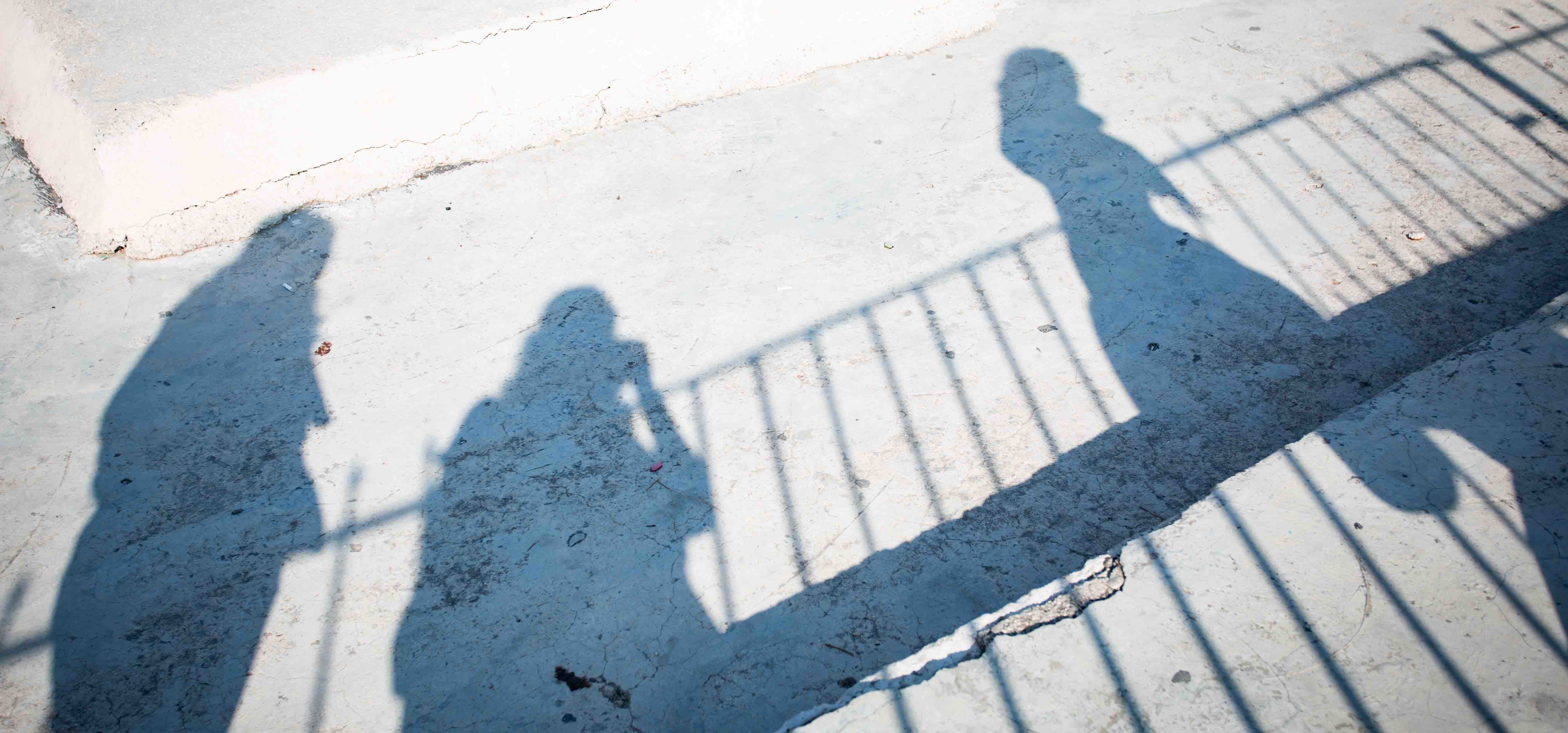During the project in Israel and Palestine our reporters had the chance to meet with different women. Hanna Hörnlein talked with both a Bedouin woman and an ultra-orthodox Jewish woman about their roles in society, their interactions with men, and how they are able to express their individuality. Which influences shape their identity? And how do we, as visitors, start reflecting on our own roles in this process?

I met Muntaha in a smokey Café in Ramallah to talk about my article and, like many times in research of the identity topic of our project, about feminism. She studied gender studies in London, and I asked her about her personal motivation to choose this subject. What was her long-term aim? Besides the wish to encourage young women and to change patriarchal thinking, she wanted to create a feministic, Arab perspective, and leave the white bubble we’re trapped in: “It is because white feminism doesn’t work for me”, she explains. When she started getting in touch with the topic, she read a lot of white feminist literature, such as Virginia Woolf. However, she longed for a theory of gender and feminism concerning her as an Arab woman.
At the moment she is a teacher at Birzeit University specialized in psychology and gender studies. In her job she teaches intersectional feminism which challenges the traditional white feminism in many ways. “White women are trying to save POC women from POC men. They want to be the savior, although they have no idea how our system and culture work”. This attempt from white people – not just women – to be „the rescuer“ has happened many times in our colonial history, and it has to do with the paternalistic thinking that prevents theories from being adapted to different cultural areas. “You can’t apply a general thing as feminism on diverse traditions, religion, politics and laws,” Muntaha says.
Throughout history Palestinian women played a major role in shaping the Palestinian country, she explains, but then after the colonization, the pressure of men and the patriarchy began. Palestine was reduced to Islam and seen as a society mainly ruled by men. Many aspects of this religion were misunderstood or misinterpreted by other states. “Maybe people see Islam and its origins the wrong way,” Muntaha considers. It was also a matter of showing the truth behind the prophets‘ life and biography. “A lot of these men were married to strong, independent businesswomen,” she explains. In her opinion, teaching can change society. She tries to give the young Palestinian generation the ability to question everything and to create their own lives.
But how are women able to express themselves in Palestinian society nowadays? According to Muntaha, she is surrounded by two different types of women: on the one hand, independent, working women, who share the same interests as she does, and find themselves in equal relationships. While on the other hand there are her students, all with different backgrounds, but they share a similar mindset and struggle with their own identities. Referring to the political disputes and discourses, they always have to face the question: do I define myself mainly through my religion or my nationality? Or – facing all the oppression and conflicts – is it being a human, without prejudices, which matters most?
“You don’t have to go to the top – you have a lot of space,” Muntaha says, referring to individual freedom of woman and feminism. She says that it is about expanding the comfort zone, giving advice, and showing women how to have a decent discussion with male members of their family, fighting for their rights. The starting point for her objective in encouraging women is the family. Learning how to have a dialogue with your father, democratically engage with him, becoming friends with your brothers so they start respecting you and don’t see you as a “servant, are all strategies she offers her students to fight for their basic rights. “You can’t destroy it,” she says, “so you have to deconstruct it. It is in our hands to make the future”.

